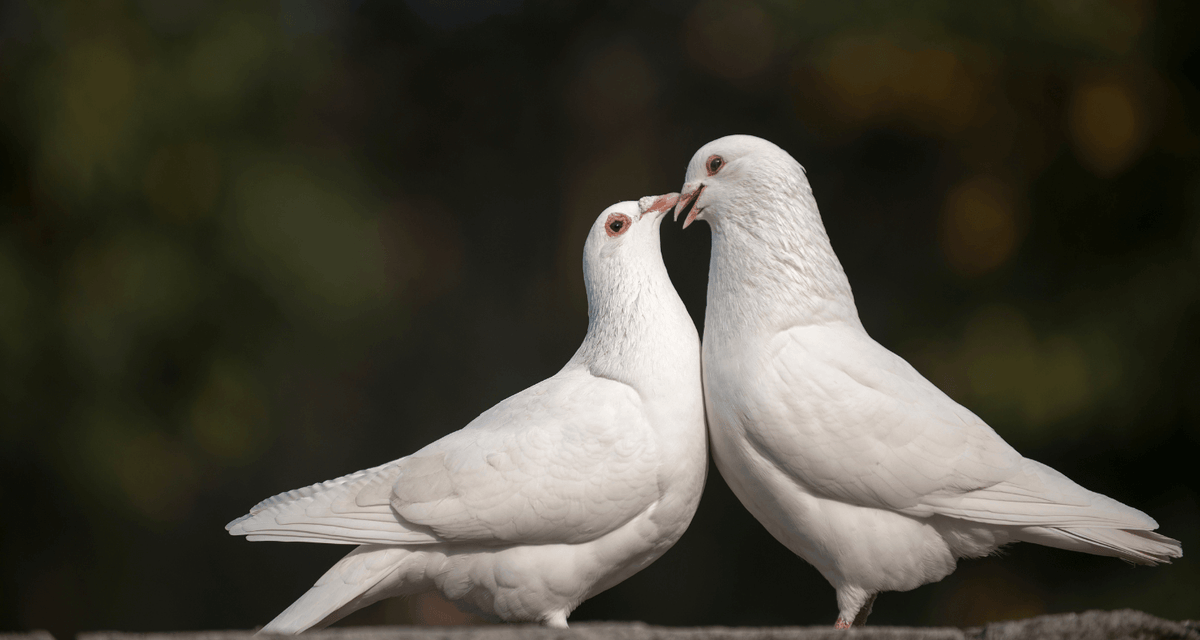
Dove Symbolism and Meaning as Spirit, Totem, and Power Animal
|
|
Time to Read 1 min

|
|
Time to Read 1 min
The dove, with its pure white feathers and gentle cooing, has been cherished as a symbol of peace, love, and purity across cultures worldwide. Its spiritual significance is deeply woven into various religious and cultural narratives, reflecting universal themes of harmony, hope, and renewal.
In Christian symbolism, the dove is associated with the Holy Spirit, representing peace, purity, and divine inspiration. The story of Noah's Ark in the Bible further solidifies the dove's association with hope and new beginnings.
In Greek mythology, the dove was linked to Aphrodite, the goddess of love, underscoring its symbolization of love and beauty. Similarly, in Roman mythology, it was associated with Venus, reinforcing the connection to love and gentleness.
In Native American culture, the dove embodies the maternal instinct. It is seen as a symbol of motherhood and fertility due to its nurturing nature.
In Chinese culture, the dove stands for longevity and peace. In particular, a pair of doves signifies a long, peaceful, and harmonious marriage.
On a wider spiritual level, the dove represents peace, love, and renewal. Its tranquil demeanor and graceful flight invoke feelings of serenity and peace. The dove encourages us to foster love and harmony and embrace new beginnings with hope and optimism.
In modern interpretations, the dove symbolizes peace, love, and renewal. Its image is frequently used in contexts advocating for peace and unity, reminding us of the power of love, harmony, and optimistic beginnings.
The dove symbolizes peace, love, and renewal. It invites us to cultivate peace in our lives, to harbor love, and to welcome new beginnings with hope.
With its serene presence and harmonious symbolism, the dove continues to inspire with its profound spiritual significance.
To wiser days and enlightened ways,
Anna💛